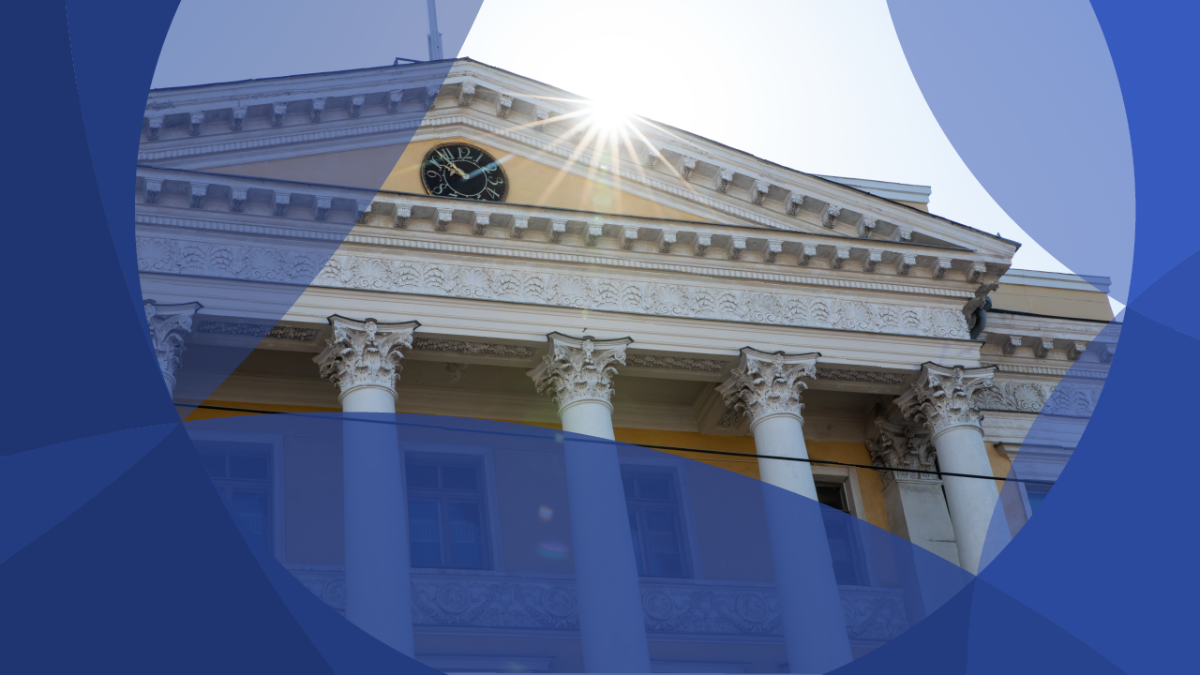Government Report on the Future offers perspectives on the Finland of future generations

The Government Report on the Future, adopted on Thursday 19 January, aims to build a common understanding of what Finland will look like in the next generations. The report’s systematic reflections on the future lay the foundation for proactive governance.
The Government Report on the Future plays an important role in the Government’s foresight activities. Rather than trying to predict the future, the report aims to open up new perspectives, challenge assumptions and increase awareness of potential future trends and their impacts. The Government has submitted a report on the future to Parliament during every parliamentary term since 1993.
“The COVID-19 pandemic and the fundamental change in the security environment in spring 2022 have led to increased uncertainty in our operating environment. The situation has highlighted the importance of the central government’s ability to handle uncertainty in an agile way and the need for more proactive decision-making. In recent years, Finland’s ability to prepare for and respond to crises has been recognised around the world. Foresight is an essential part of knowledge-based strategic decision-making, and it is important to continue and strengthen this work,” says Prime Minister Sanna Marin.
The report consists of two parts. The first was prepared by public officials as part of their official duties in cross-administrative cooperation between all ministries. This working method, which was used for the first time in this term’s report, aims to strengthen the central government’s ability to prepare for the future. As part of the preparations for the report, the Prime Minister’s Office and the Timeout Foundation organised 50 dialogues on the future of Finland.
The first part of the report proposes several measures that must be taken regardless of what kind of future lies ahead. They are related to the following general questions:
- How can we influence our operating environment so as to successfully promote peace, security, stability, wellbeing, sustainable development, democracy and human rights?
- How can we keep the welfare society’s value proposition in the future?
- How can we create an operating environment that generates sustainable growth?
- How can we safeguard the funding base of the welfare society and address the sustainability gap?
- How can we mitigate climate change, combat biodiversity loss and transition to a low-carbon economy in a just manner?
- How can we secure the opportunities of future generations to lead socially, economically and environmentally sustainable lives?
The first part of the report will support the ministries in their strategy work. It presents four different scenarios for how the future will develop. The scenarios are potential development paths rather than forecasts, and it is possible to influence many of them.
The Finland of future generations
The main question for the future is how we can ensure that future generations will also have the opportunity to lead a sustainable life. The second part of the Report on the Future examines how future generations can be better taken into account in legislative drafting and how foresight can play a more important role than at present.
Taking into account future generations increases accountability for political choices. Intergenerational justice is an essential part of the principle of sustainable development: for development to be sustainable, it must not jeopardise the ability of future generations to meet their needs. The report highlights international examples of institutions that are taking future generations into account. It also presents ways to increase solidarity between generations.
Inquiries: Jaana Tapanainen-Thiess, Secretary General, Government Report on the Future, [email protected], tel. +358 295 160 593, Prime Minister’s Office

